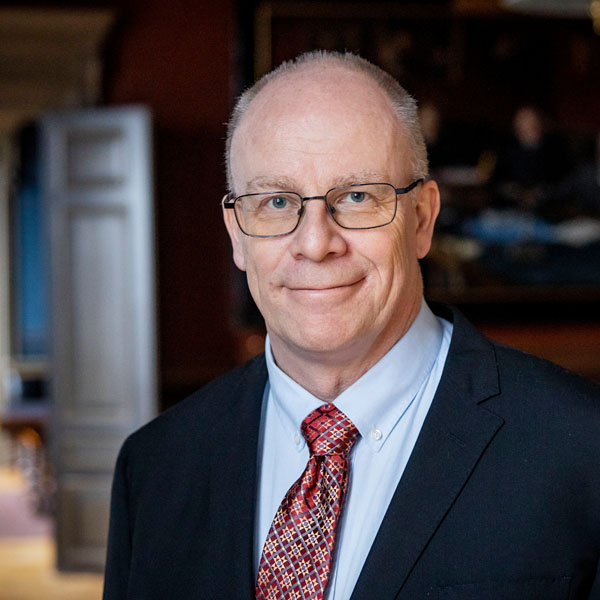A proposed new law – an ‘informers act’ – has provoked debate. The discussion stems from the Ministry of Justice’s Inquiry on reinforcing return operations (Ju 2022:12) and the supplementary terms of reference for the inquiry (Dir. 2023:126) that were issued in August. There is widespread indignation: many public employees in Sweden interpret the proposal to mean that they will be forced to take on police roles that they neither can, wish to nor should play. As Vice-Chancellor, I wish to take a firm stand against the proposal. No one at our University must be called upon to suspect or to inform against anyone. For us in academia, the very thought of questioning people’s right to join in the academic conversation is alien. It is against our basic principles, against our very being.
By definition, a university is a meeting place for thoughts born of curiosity and a zeal for knowledge. Though we accept national borders, we gladly work across them. Our goals are about understanding reality, spreading knowledge, strengthening democracy and increasing international cooperation and openness. Universities and other higher education institutions are mindful of security and cooperate with public authorities, but we are not policing or judicial actors. A law such as the proposed act risks leading to certain categories of students and employees being permanently under suspicion. We are not willing to go along with this.
Furthermore, at Uppsala University there are research projects in progress involving individuals who lack residence permits. The research concerns matters such as these people’s health, belief in the future, legal status, family situation and progress towards integration in society. All such research would become impossible if the legislative proposal becomes a reality. This in turn would mean that all measures to support and improve the lives of this vulnerable group would suffer.
As academics, our roles lie within research and teaching. For practical and pragmatic reasons, universities have become public authorities, but all public authorities have different mandates. The universities must maintain their particular identity and can never be reduced to mere authorities. Those of us who work at universities and other higher education institutions cannot and should not check up on our students’ or employees’ legal status, nor do we have any desire to do so. There is a public authority – the Swedish Police – whose role is policing. Let them do their job and let other authorities do theirs. That is a good arrangement.

